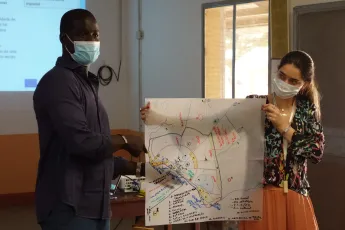What is Our City Plans?
Our City Plans is a global toolbox that guides and supports local governments and urban actors to better understand, customise, and develop inclusive and integrated urban planning processes, using a participatory and incremental methodology that adapts to their needs and local context.
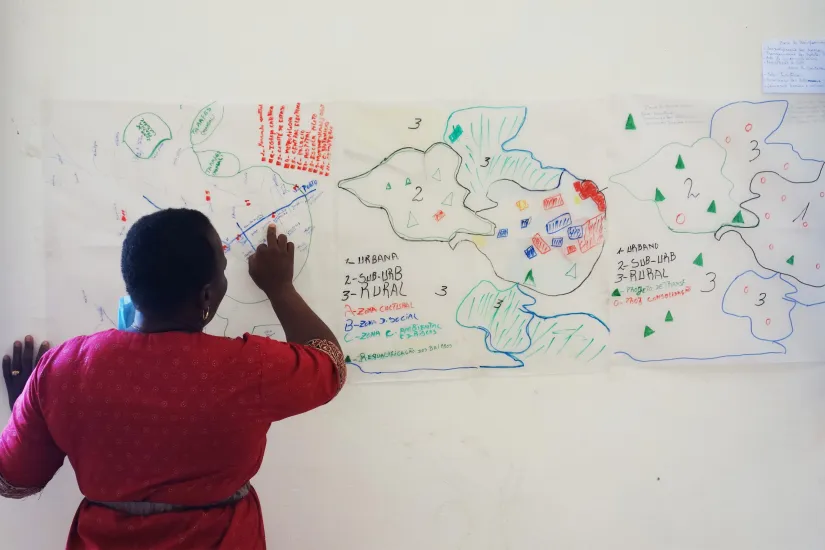
Participatory Mapping in Bolama, Guinea Bissau, UN-Habitat
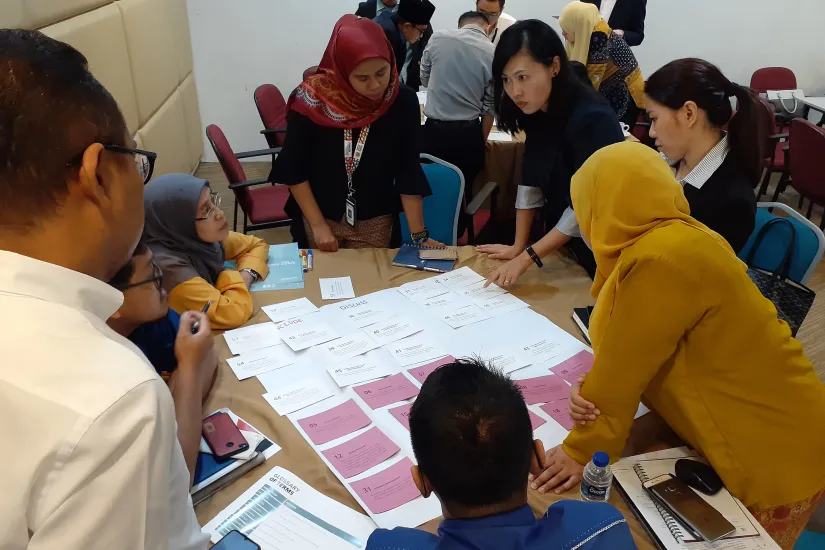
Workshop in Yangon, Myanmar, UN-Habitat
By guiding users through an adaptable step-by-step methodology, actionable instructions, and simple and approachable language, Our City Plans democratises and articulates a comprehensive and participatory planning framework developed and utilised by UN-Habitat. Its participatory approach promotes democratic governance and civic engagement in sustainable urban development and policy making, to ensure transparency, accountability, and strengthen local democracy and institutions.
Organised according to the assessment, plan, operationalisation, and implementation phases, the methodology includes 15 thematic blocks and 58 activities that can be adapted to the context, needs and resources. Key features in the digital platform include:
- Filters according to thematic areas (climate action, participation, socio spatial inclusion and urban finance) highlight specific activities on the toolbox to help you adapt the methodology. Activities can be selected and bookmarked (by clicking on the star) according to the needs.
- Activity guide that includes expected duration, objectives, results, description, step-by-step instructions, tools and additional resources.
- Downloadable tools and templates that can be edited and adapted.
- Project management features to map the progress of the planning process by tracking the status and adding personalised notes in each activity.
- Planning experiences and projects that have used Our City Plans methodology worldwide, both by UN-Habitat and independent initiatives, to use them as reference and case studies. (You can share your experience with us to add it to the Our City Plans map!)
- Repository of additional resources that include manuals, guidelines, publications and case studies developed both by UN-Habitat and external partners that can be filtered by Phase or tags.
- Partner with UN-Habitat and get support, guidance, training, expertise and resources.
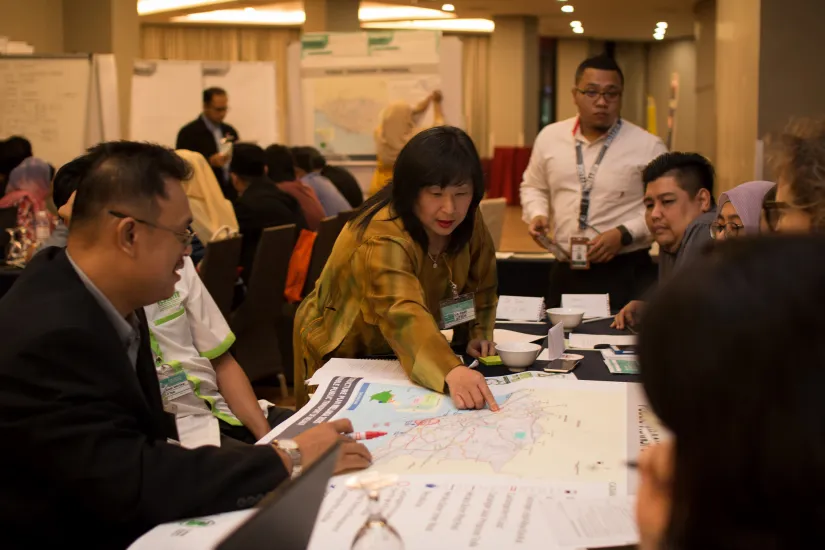
Workshop in Maleka, Malaysia, UN-Habitat
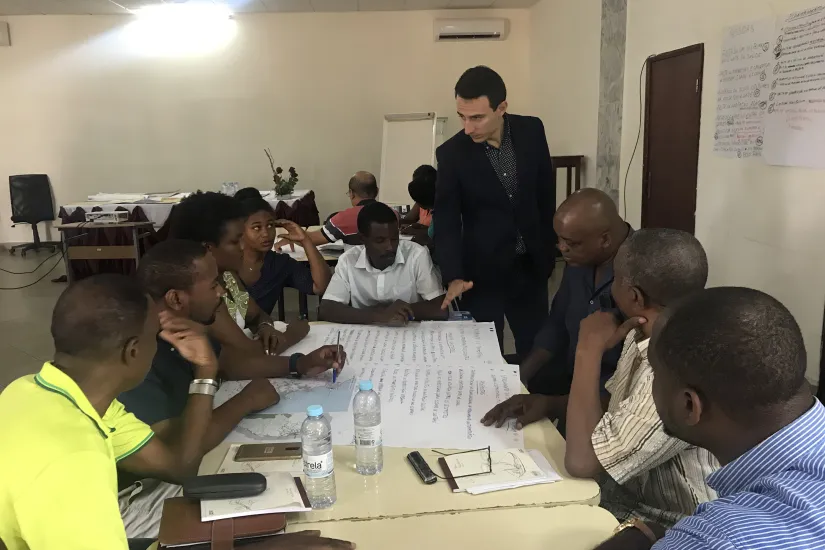
Vision Workshop in São Tomé, São Tomé & Príncipe, UN-Habitat
Background and Context
Our City Plans has been developed by a multidisciplinary team inside UN-Habitat in a collaborative effort between different branches, sections and Regional Offices, steered by the Urban Practices Branch – Planning Finance and Economy Section and the Global Network of Urban Labs. The toolbox is the result of UN-Habitat's work in over 100 participatory planning processes implemented in different global contexts since 2014 by UN-Habitat and partner organisations.
As demographic pressure keeps rising, small and intermediate cities tend to urbanise faster, facing additional challenges. To absorb the rapid increase in population, cities need to identify priorities and develop integrated and participatory planning processes, to adequately address the urgent need for sustainable urban development. To develop urban plans successfully, planning processes need to be flexible, inclusive, and have the capacity to adapt to the specific context they are implemented in.
Our City Plans consolidates the most relevant planning tools, best practices and methodologies of UN-Habitat and partners for the development of strategic, city-wide and neighbourhood planning processes. It is a key resource for UN-Habitat, as it links a variety of tools from the agency and promotes the integration of other tools from external partners. The methodology's success and contribution to the field are reflected in its demand – it is the 2nd most downloaded publication of UN-Habitat.
Participation in urban planning
Democratic governance and civic engagement in urban development and policy making recognizes citizens as key stakeholders, amplifying diverse voices and fostering collaborative solutions. Additionally to SDG 11 (Sustainable Cities and Communities), this multi-stakeholder participatory approach directly advances SDG 16 (Peace, Justice, and Strong Institutions) and SDG 17 (Partnerships for the goals). It enhances social cohesion, strengthens democracy, and empowers underrepresented groups while facilitating dialogue and collaboration. It cultivates trust, transparency, and legitimacy, holding governments and institutions accountable. By reducing conflicts and building consensus among stakeholders with different interests, it facilitates public endorsement and shared ownership of the city’s sustainable future.
Despite recognition of civic engagement and participation in existing urban development frameworks, challenges at the national and city level remain to achieve meaningful inclusion and integration. By mainstreaming participatory approaches and planning frameworks with Our City Plans, policymakers and practitioners can leverage its power to create more inclusive, sustainable urban environments that leave no one and no place behind.
A customisable and adaptable urban planning process
The toolbox recognises the importance of defining a process framework rather than a design framework in urban planning. It is incremental and flexible, as it allows planners, city leaders, and other stakeholders to tailor their planning process according to their context. They can choose whether to run the entire process or focus only on specific outputs, depending on their scope, resources and priorities. Additionally, as blocks and activities are modular, they can be selected and saved according to the local conditions and available resources, creating simplified or more comprehensive paths. Various activities can be conducted independently or simultaneously with others, depending on the expertise of the technical team and the availability of time and resources.
You can select specific activities to target specific urban planning goals, and use filters to focus on key thematic areas such as climate action, participation, socio spatial inclusion and urban finance. This adaptability also lets you bookmark activities that suit your needs, creating a tailored approach. The Activity 4 in the toolbox can guide the customisation of the planning process, ensuring alignment with your goals and efficient use of available resources.
How can Our City Plans help you?
City leaders
Lead and oversee the strategic steps of the urban planning process
- Align your city strategy to global agendas and international standards.
- Provide a strategic overview of the whole planning process and the critical activities you should be involved in.
- Have a clear understanding of the key deliverables (and the importance of citizens' participation in urban planning processes.
- Access a global community of practice and connect with companies, organisations, private sector, investors and technical experts.
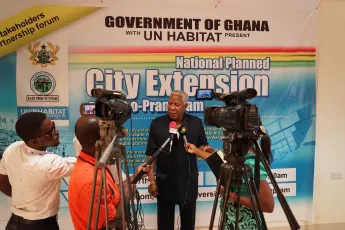
City planners
Technical development of the urban planning process and planning documents
- Guide the step-by-step implementation of a participatory and sustainable urban planning process that adapts to your needs and context.
- Align your planning process to meet the requirements of international standards and global agendas.
- Explore and deepen on the specific topics and urban issues that are important for your city.
- Promote participatory processes and stakeholder engagement throughout the planning process.
- Be part of a global community of practice and share knowledge and experiences with cities around the world.
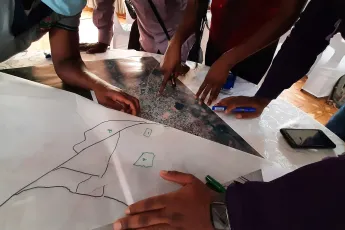
Other urban stakeholders
Provide accountability, disseminate and support inclusive urban planning processes
- Identify the critical steps that influence urban policies, programmes, plans and projects.
- Understand how your city is planned and how it should involve various stakeholders.
- Identify activities and tools that support planning processes in your city.
